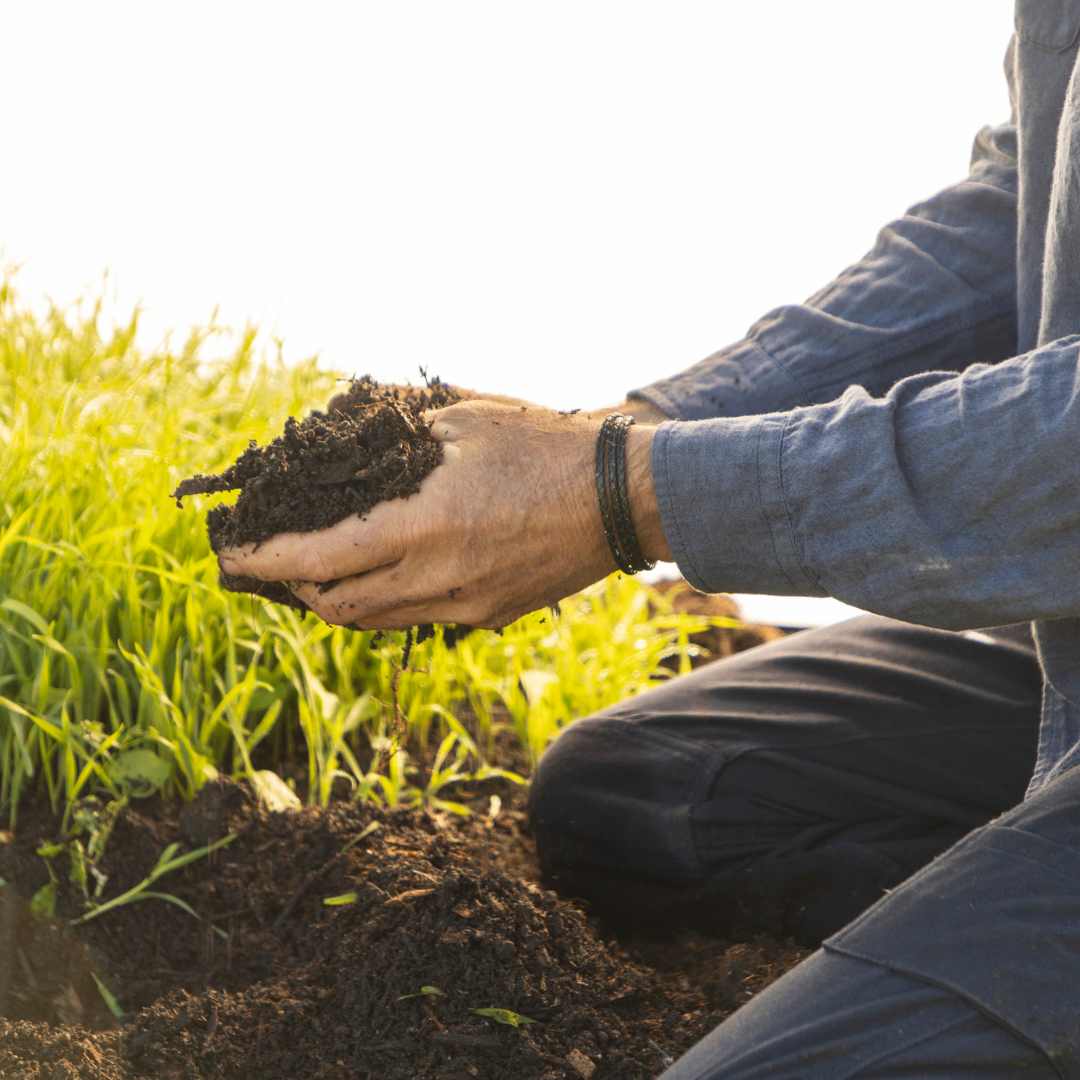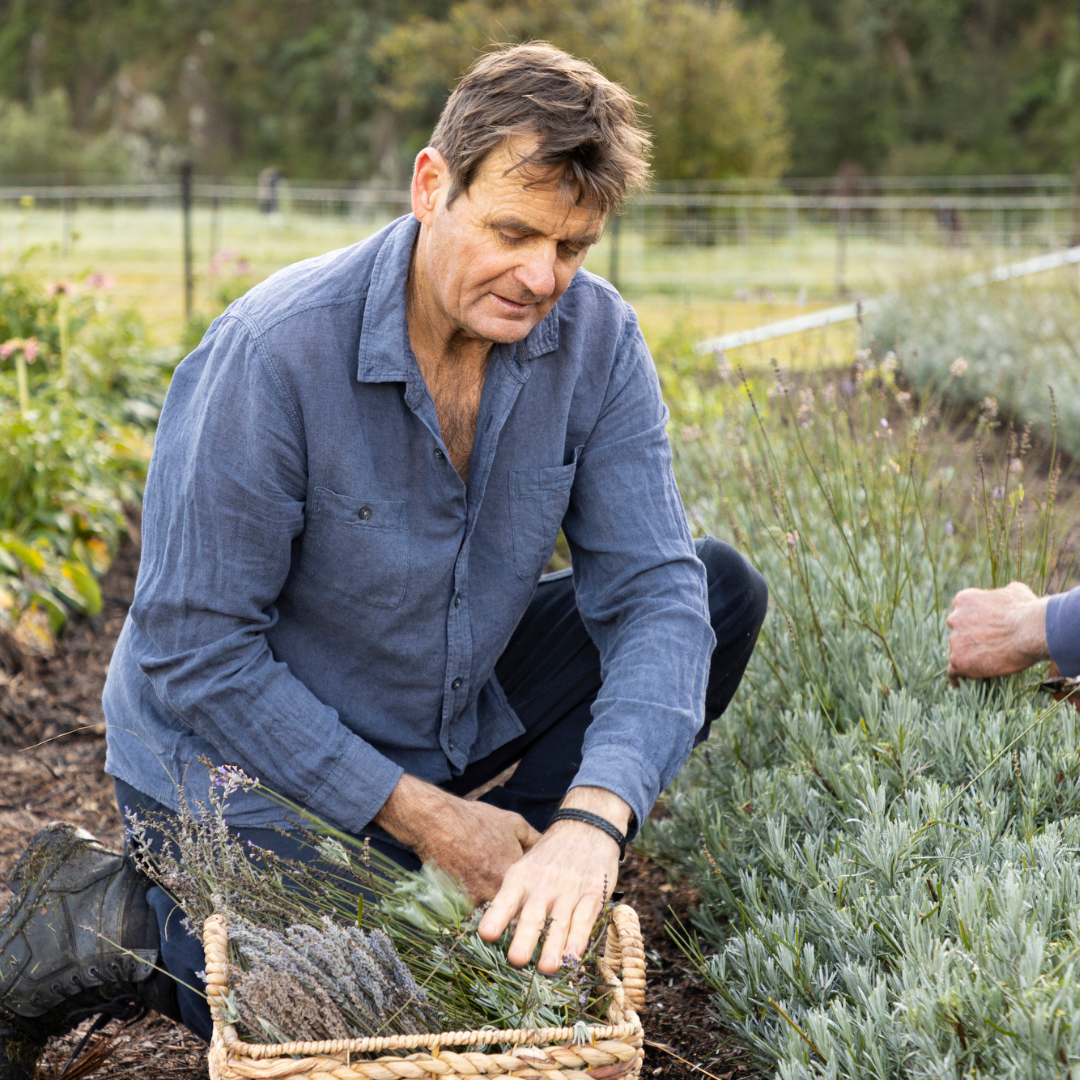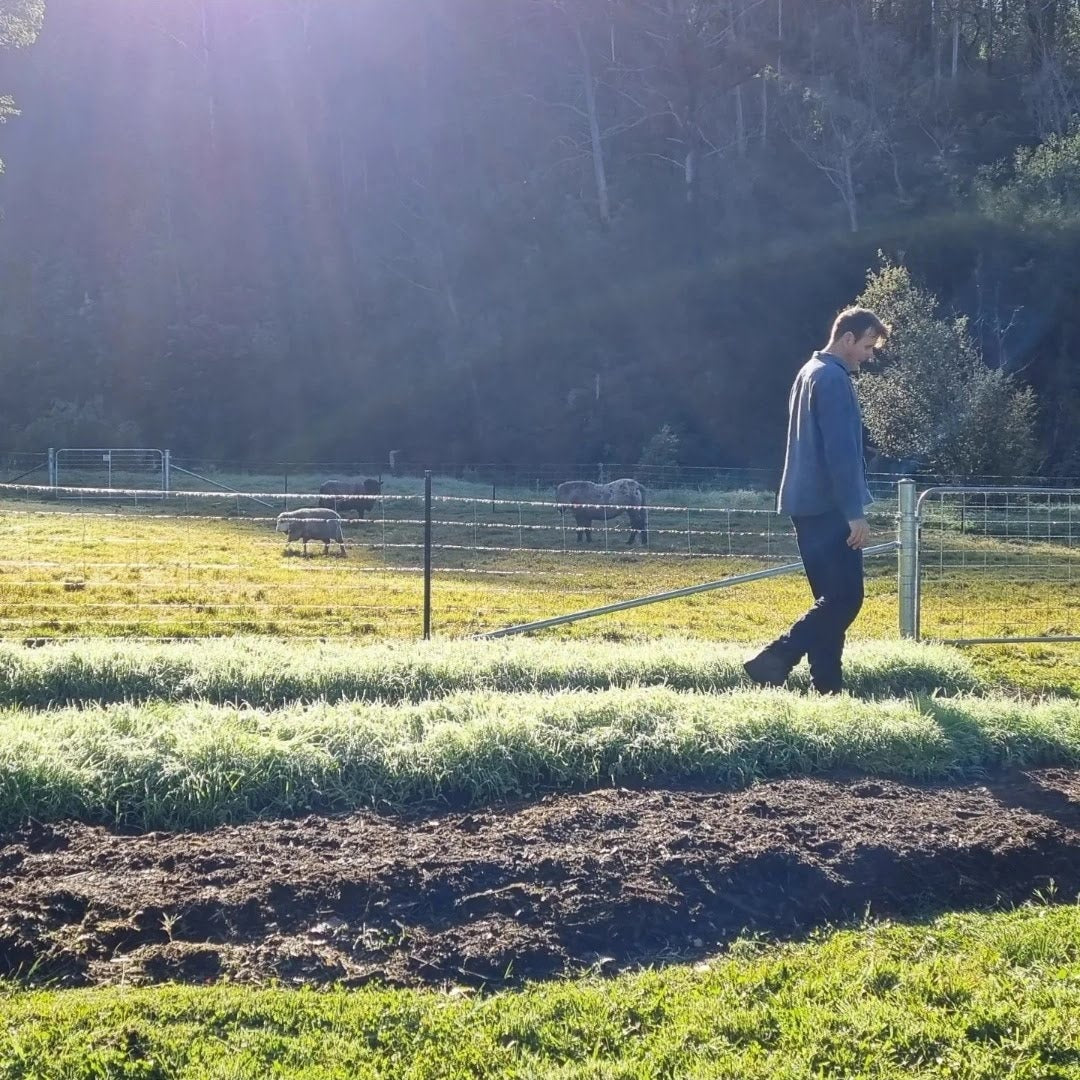Regenerative farming - What is it

Both Gregg and I are passionate about regenerative farming and its potential to transform our agricultural practices. In this article, we will explore the principles of regenerative farming and its benefits for the environment, soil health, and the production of nutrient-rich crops. Join us on this journey as we delve into the remarkable world of regenerative farming and its role in shaping a sustainable future.
What is Regenerative Farming?
Feeding the soil, to feed the plant, to feed you.
Restoring the Balance in Nature's Cycle
Regenerative farming is an approach that focuses on the holistic health of the ecosystem, emphasizing the interconnectedness of soil, plants, animals, and humans. It goes beyond sustainability, aiming to heal and regenerate the land rather than deplete its resources. By adopting regenerative practices, we actively work towards revitalizing the natural balance and diversity found in our environment.
Principles of Regenerative Farming
Cultivating Resilient Ecosystems
Regenerative farming encompasses several key principles that guide our practices:
- Soil Health: We prioritize building healthy soils through green manures, a different legume for each season this minimalizes tillage, increases organic matter, and promoting beneficial microbial activity. Healthy soils support plant growth, retain water, and sequester carbon. Feed the the soil to feed the plants to feed you,
- Biodiversity: We embrace biodiversity by creating habitat for beneficial insects, birds, and other wildlife. By encouraging natural ecosystems to thrive, we foster a balanced and resilient environment.
- Water Management: We implement techniques such as mulching, cover cropping, and water-conserving irrigation methods to promote efficient water use and minimize runoff. With gravity fed watering from the top tank that filters through a duck bath for liquid manure before it lands on our fruit trees.
- Nutrient Cycling: We optimize nutrient cycling by utilizing compost, organic matter, and cover crops. This ensures that nutrients are recycled and made available to plants in a sustainable manner.
Benefits of Regenerative Farming
Nurturing the Earth and Ourselves
Regenerative farming offers numerous benefits, including:
- Soil Regeneration: By improving soil health, regenerative practices enhance soil fertility, structure, and water-holding capacity. This results in increased crop yields and better resistance to pests and diseases.
- Carbon Neutral: Regenerative farming has the potential to significantly reduce amounts of carbon dioxide from the atmosphere, mitigating the impacts of climate change.
- Biodiversity Conservation: By creating habitats and embracing diverse ecosystems, regenerative farming supports the preservation of endangered species and enhances the overall resilience of our environment.
- Nutrient-Dense Food & Herbs: By prioritizing soil health, regenerative farming produces nutrient-rich crops that nourish our bodies and promote overall wellness.
At Saarinen Organics, regenerative farming is at the core of our mission to create sustainable and effective skincare solutions. By nurturing the land, cultivating certified organic herbs, and embracing regenerative practices, we strive to create a harmonious relationship between nature and skincare.



Comments